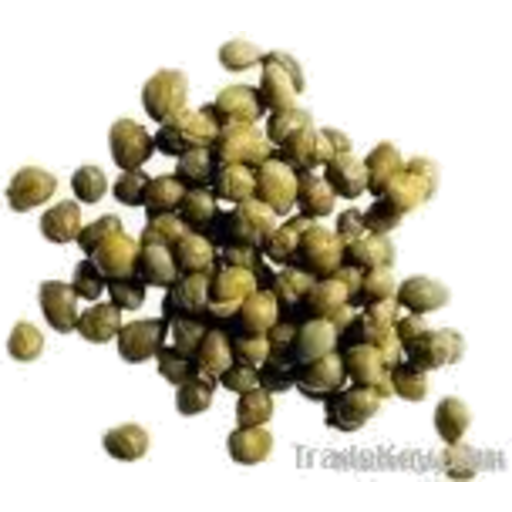Capers - Brine 9mm
$30.00
per kg

Description
Capers are sometimes confused with the brined and dried fish called anchovies, since both are harvested from the same regions and are processed similarly. They are actually immature buds plucked from a small bush native to the Middle East and Mediterranean regions of the world. Fresh blossoms are not especially flavorful, but their sharpness increases dramatically after sun-drying and brining in vinegar. Capers ready for the marketplace are usually packed into distinctive glass jars filled with coarse salt or vinegar brine. A number of kitchen supply stores and grocery stores carry them, so cooks should not have difficulty finding enough for a recipe. Taken straight out of the jar, they are far too salty for consumption, so professional chefs recommend placing them in a small strainer and rinsing them under running water before adding them to sauces or meats. Because the flavor can be so intense, most recipes only require a few to add sharpness to a savory dish or sauce. Mediterranean cuisine has used capers for thousands of years. In fact, they were often used as informal currency among merchants traveling ancient trade routes. They became favorite additions to fish sauces and marinades, along with brined and dried anchovies. The indigenous bush which produces capers is very well-suited to the sandy and nutrient-poor soil found in the Middle East region. These bushes can often be found growing between the cracks of sidewalks and broken roads. Processing the buds can be a labor-intensive process, since harvesters must pick the immature blossoms at a specific point in their growth cycle. If the immature blossoms are not selected to become pickled capers, they will sometimes turn into caper berries, which bear some resemblance to olives. The berries are not used in the same way as the buds in recipes. They are more likely to be eaten as a snack or added to savory salads or dressings. Caper berries are sometimes marketed as capers, but the two should not be confused when cooking. Most recipes call for the small buds, not the larger and less salty berries.
Selesta

